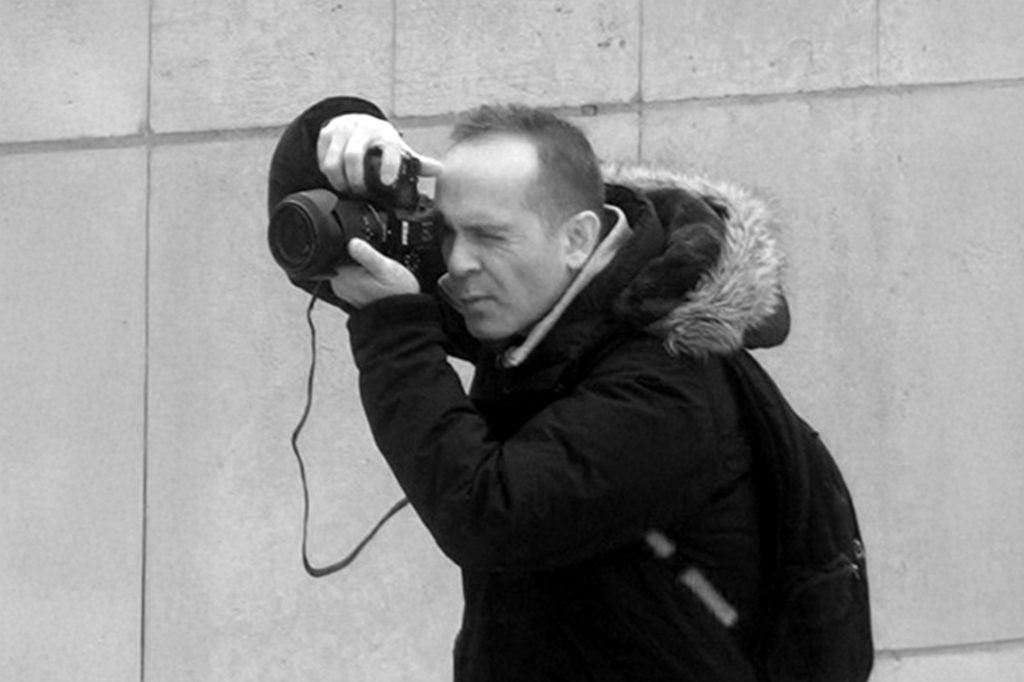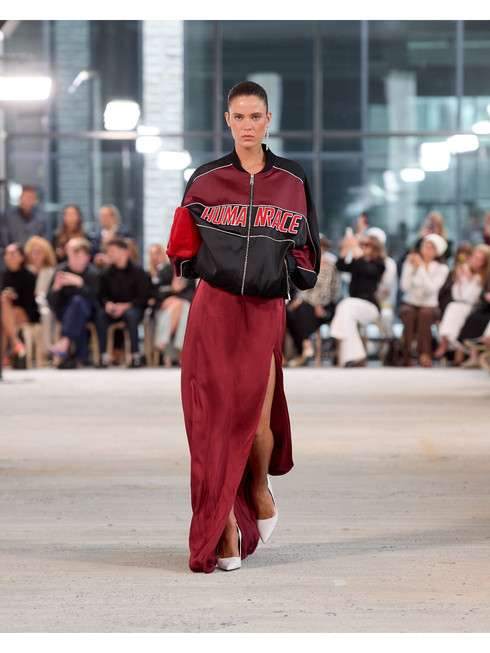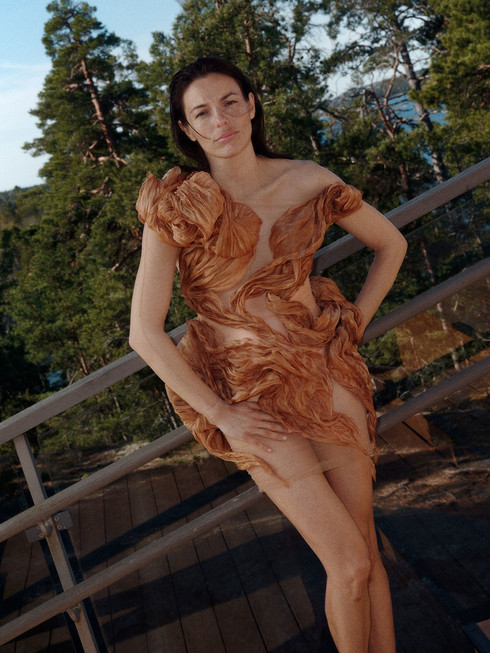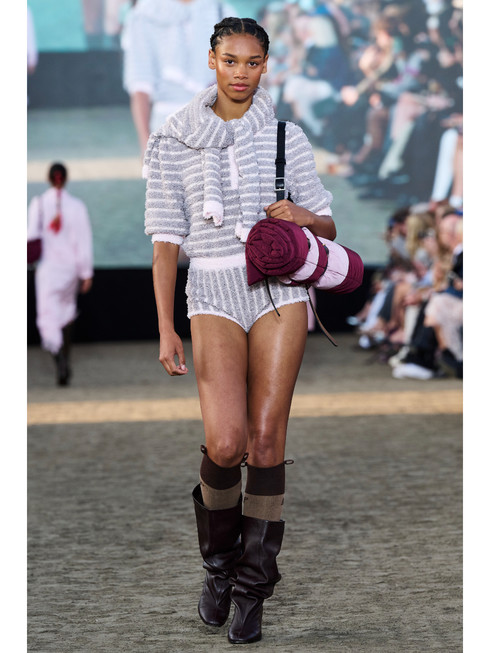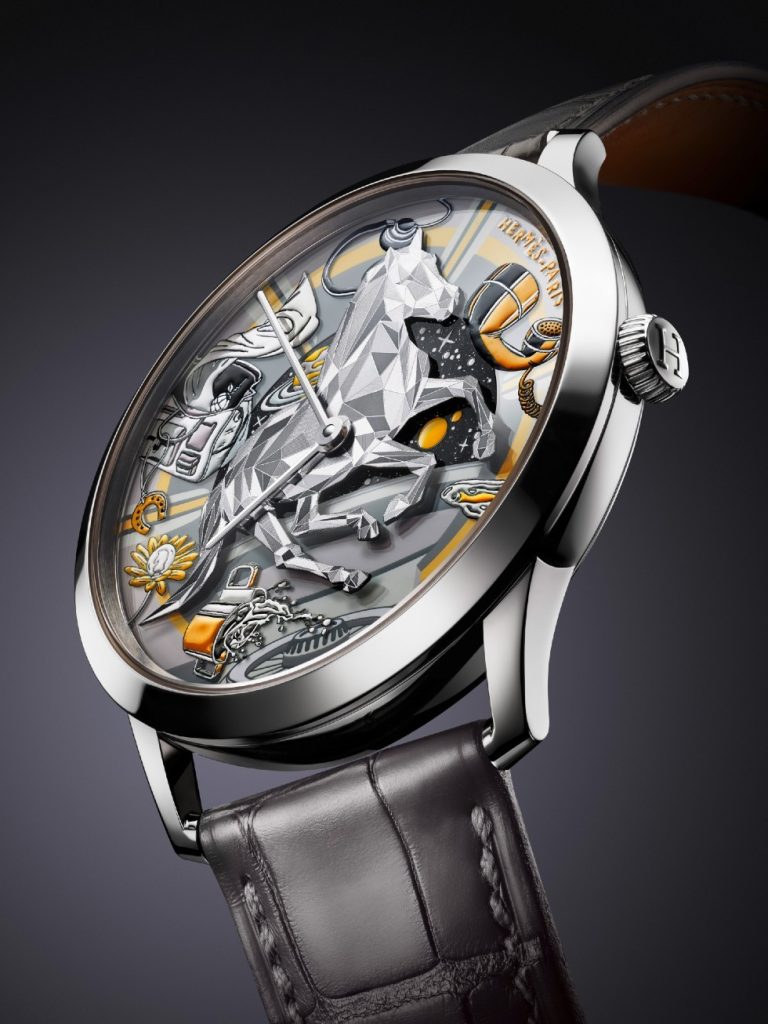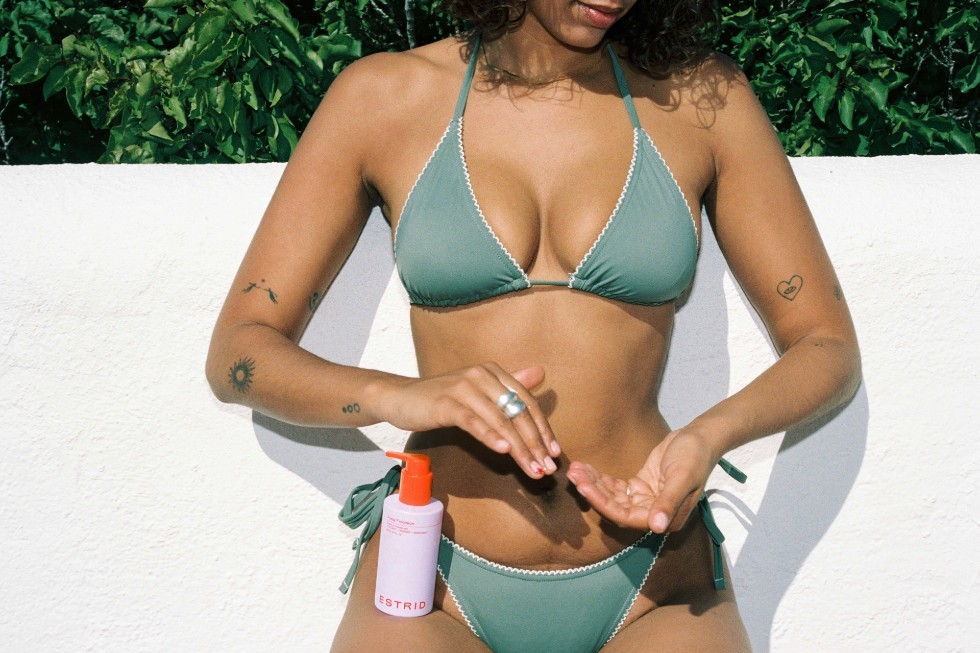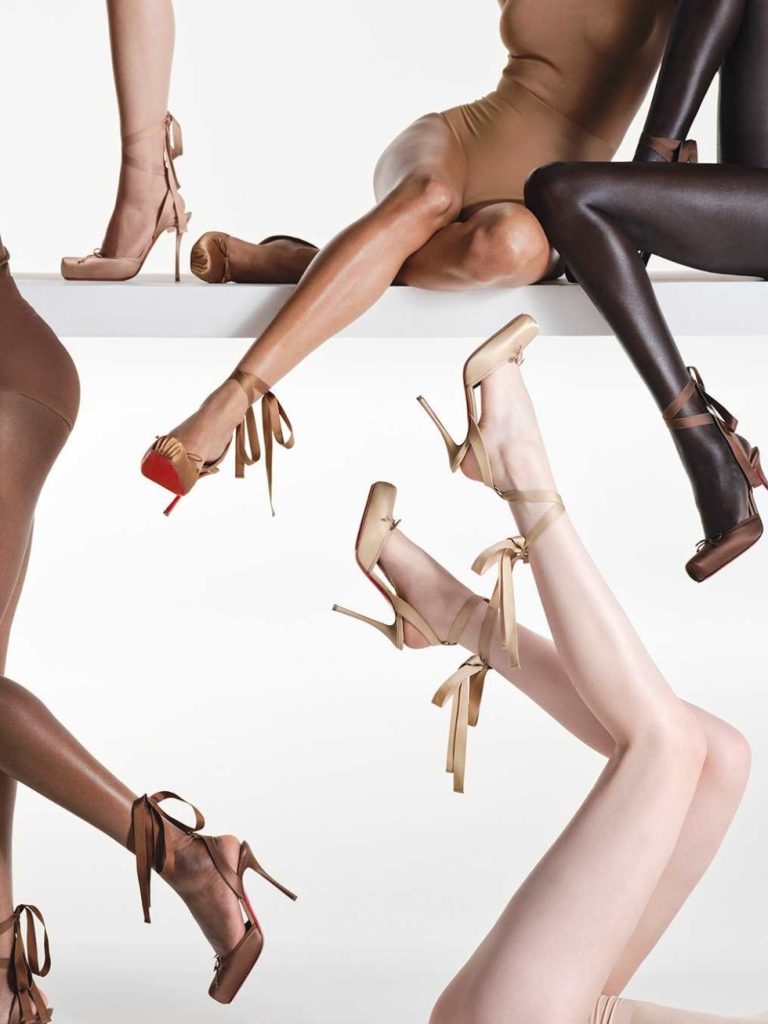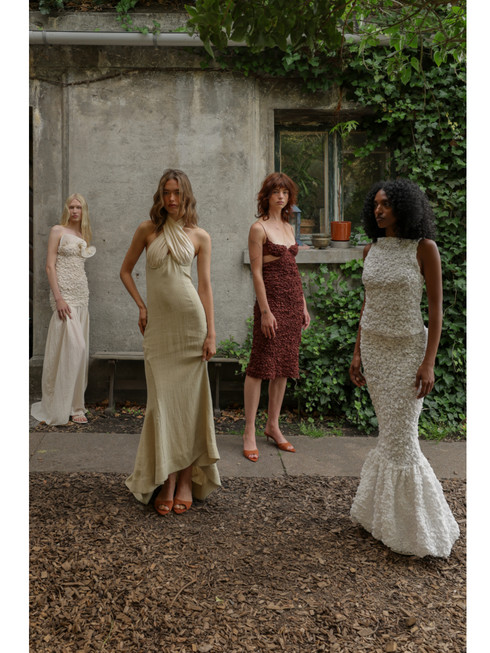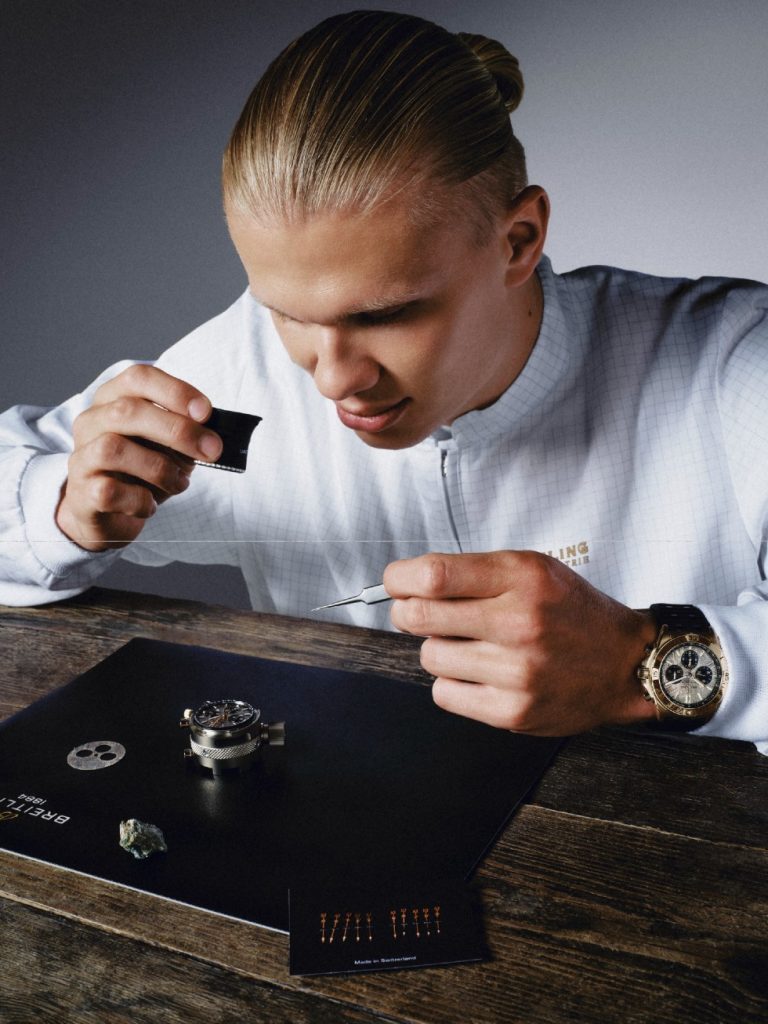“Human Touch is Essential, Not Just in Leadership but in Life” – Azra Osmancevic Natalia Muntean photography Martin Kiessling fashion Azra Osmancevic dress Zamina Scillasdotte Her journey took her from Bosnia to Sweden, across the Atlantic Ocean to New York and then back to Sweden. Azra Osmancevic is a woman of many layers, heavily shaped by metamorphoses between cultures, cities and identities. “I think my journey has been a tapestry of contrasts, with each place adding a unique thread to my identity. It also deepened my belief that culture isn’t just inherited – it’s created and shared through the stories we tell and the connections we build. These transitions have been crucial for me culturally and identity-wise,” says Azra. Azra’s multifaceted career reflects her belief in the power of reinvention and the importance of staying open to opportunities. “I don’t set rigid goals,” she says. “For me, success is a feeling – making a positive impact, staying true to my values, and waking up proud of what I’m building.” Whether through mentorship programs like Femtorship, her work in AI and media, or her passion for fashion and design, Azra’s life is a testament to the strength of resilience, community, and the human touch. Natalia Muntean: You were named Female Leader of the Future in 2023 and mentioned that all leadership starts with strong self-leadership. Can you elaborate on that?Azra Osmancevic: Leadership isn’t about titles or hierarchies, it’s about accountability, purpose, and integrity. For me, it starts with strong self-leadership: knowing who you are, and what you stand for, and using that to navigate life’s challenges. It’s about facing challenges with grace, resilience, and decency. It requires self-awareness, emotional intelligence, and the courage to take responsibility for your choices. Only when we lead ourselves effectively can we inspire and empower others to do the same. NM: What advice would you give to someone stepping into a managerial or leadership role for the first time?AO: I’d say it’s crucial not to lose your human touch. From my experience, it’s easy to lose that connection. You face so many difficult challenges, like redundancies. The first time is hard, but by the tenth time, it’s easy to become less emotionally involved in those decisions. But the best leaders I’ve seen never lose their human touch. They always see the people behind the numbers. So my advice is: be yourself, but never lose that human connection. Human touch is essential, not just in leadership but in life. NM: Speaking of guidance, can you tell me a bit about Femtorship?AO: Femtorship is a one-year mentorship program where we pair mentees with mentors. It’s designed for women aged 18 to 23. I started the program during my first maternity leave in 2019. It’s based in Sweden, though I dream of expanding it globally. However, it takes a lot of time and effort to ensure the program maintains quality. It can’t just be something superficial where a year passes and nothing happens. We have something called Femtalks, where we share interviews with various women with all the participants, like a monthly magazine. We also have FemWorks, which are seminars with companies around Sweden where mentors and mentees do activities together.The program was born out of my desire to create a space where young women can see their potential reflected at them. It’s a place where they can build strong self-esteem by challenging their self-awareness, which is the foundation of strong self-leadership. As someone who’s navigated both challenges and opportunities, I wanted to bridge the gap for others, especially those who might feel overlooked. That’s what Femtorship is all about. NM: That’s a really good initiative. Has there been a particularly memorable moment? And how long have you been running it?AO: There have been many memorable moments since I launched the program in 2019. The most memorable moments are when mentees show how their confidence has grown or achieve something they didn’t think was possible. One mentee told me she landed her dream role because of the belief and guidance she found through the program. That kind of impact is what fuels me. NM: What words of encouragement would you give to a young woman trying to create her path, especially someone from an immigrant background?AO: I would say your unique story is your strength. Don’t let anyone diminish the value of your perspective and experiences. Challenges are opportunities in disguise, each one can teach you something about yourself or others. It’s important to find your tribe, not just in Sweden but in life generally. It doesn’t have to be big, mine isn’t, but it’s about finding people who uplift and inspire you. Stay curious, be bold, and dream bigger than what seems possible. Success, for me, isn’t about fitting in, it’s about standing out for all the right reasons. NM: Now, if we switch a bit to your interest in fashion, has that been a passion since childhood, or how did it develop? I know you also created your dress for the Elle Gala.AO: Fashion and interior design are powerful ways to communicate without words. My mother is a singer and a seamstress, so creativity and craftsmanship have always been part of my life. The Elle Gala dress is one product of our mother-daughter love. I drew the vision, we sourced the fabric together here in Stockholm, and my mother sewed it. It was such a wonderful moment to share that dress with the world, knowing my mother made it for me. Creating the Elle Gala dress wasn’t about style, it was about showing how beauty can be deeply personal and celebrating craftsmanship. NM: Do you have a piece in your wardrobe that you care for more than others?AO: Yes, but it’s not something I created; it’s something I inherited. It’s a silk shirt in a radiant yellow, like sun rays, from my grandmother. It’s my favourite piece. It’s always stylish, goes with almost anything, and holds so much meaning for me. NM: When you’re getting dressed, how do you manage to express yourself?AO: I don’t have a particular style. I think my style is mashing up styles. Nothing is

